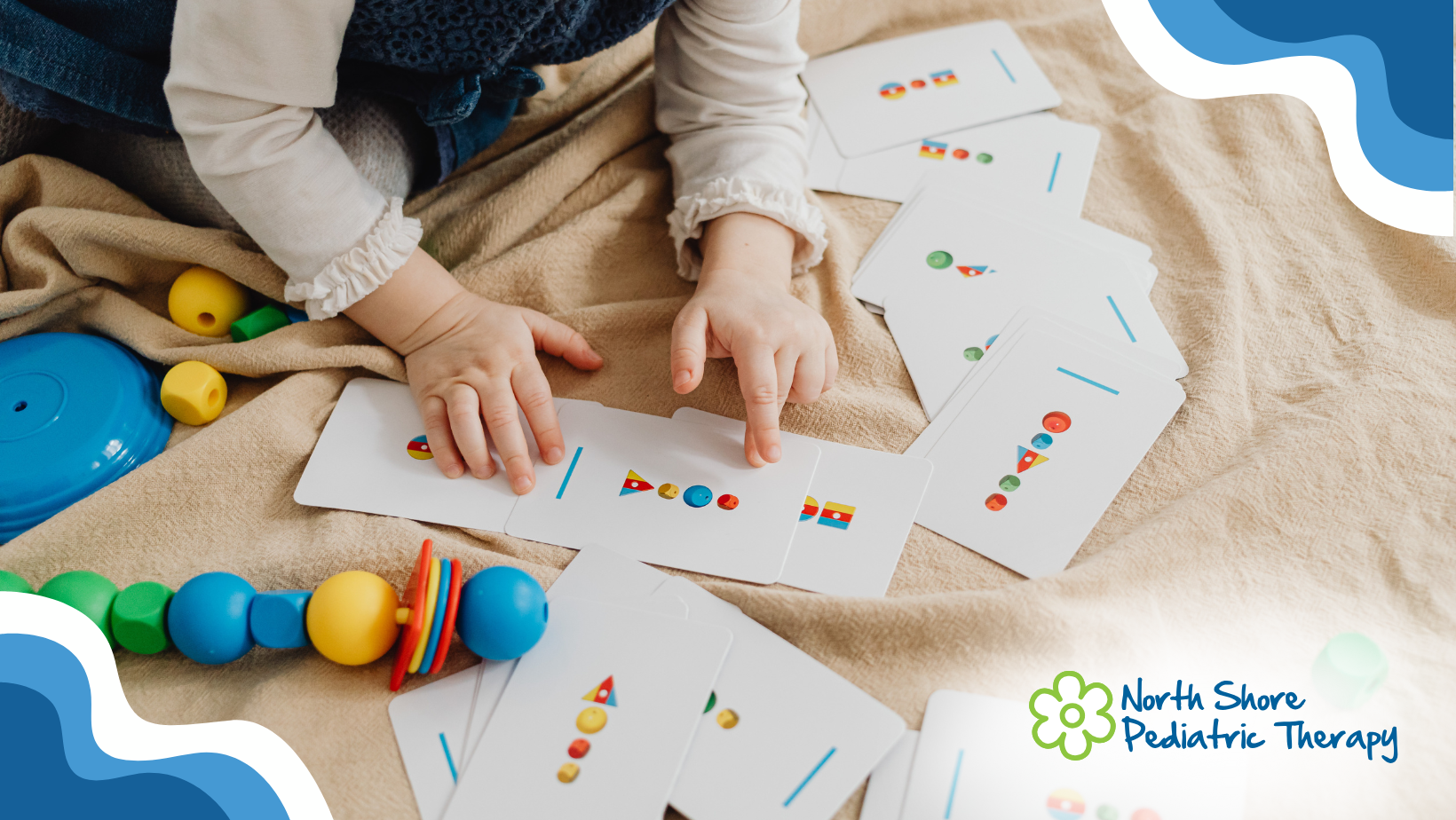SENSORIMOTOR SKILLS DEFINITION
Sensorimotor skills involve the process of receiving sensory messages (sensory input) and producing a response (motor output). We receive sensory information from our bodies and the environment through our sensory systems (vision, hearing, smell, taste, touch, vestibular, and proprioception). This sensory information then needs to be organized and processed to be able to produce an appropriate motor, or movement response to be successful in daily tasks at home or at school.
WHAT IMPAIRS SENSORIMOTOR SKILLS?
There is no single cause for difficulty with sensorimotor skills, but it is likely that there are genetic and environmental factors that increase the risk in a child. Through time and further research, more information will be revealed.
HOW DO I KNOW IF MY CHILD HAS DIFFICULTY WITH SENSORIMOTOR SKILLS?
Motor planning is a huge part of sensorimotor skills. Motor planning is the ability to plan, organize, and sequence a new task. Therefore, your child may appear accident prone, clumsy, and have a hard time mastering new skills and sequencing steps needed to complete a task.
SENSORIMOTOR SKILLS & OCCUPATIONAL THERAPY
An occupational therapist works with a child experiencing difficulty motor planning for fine motor tasks and gross motor tasks (e.g. shoe tying, jumping jacks, bike riding). The occupational therapist would help the child to engage in organized sensory experiences (e.g. jumping, climbing, pushing, and pulling) and address skills such as bilateral coordination, crossing midline, and trunk control to help strengthen his/her ability to participate in sensorimotor activities. A speech-language pathologist would work with a child experiencing difficulty motor planning for oral motor skills and feeding skills to help develop the muscles used for chewing, swallowing, and tasting.
OUR APPROACH AT NORTH SHORE PEDIATRIC THERAPY
At North Shore Pediatric Therapy, our therapists work with children who have difficulties with their sensorimotor skills by using a multisensory approach to provide the child with experiences which help improve his/her motor planning for fine and gross motor skills, oral motor skills, behavior, sensory processing skills, feeding skills, attention, and any other difficulties that are hindering their ability to fully succeed socially, academically and personally.














